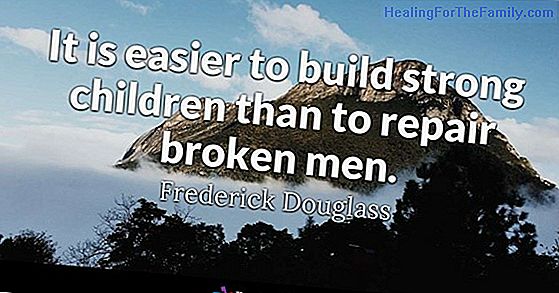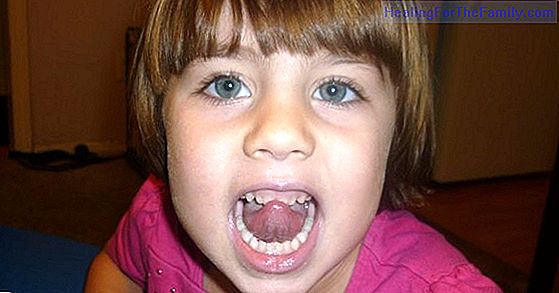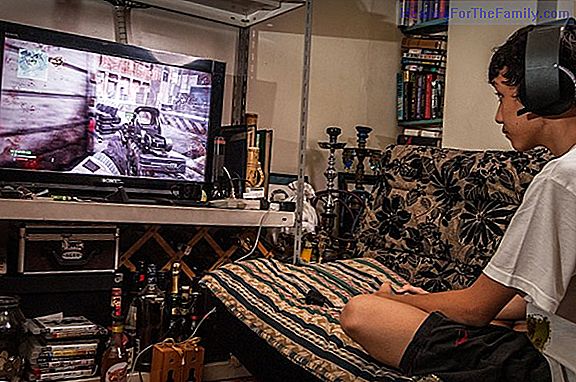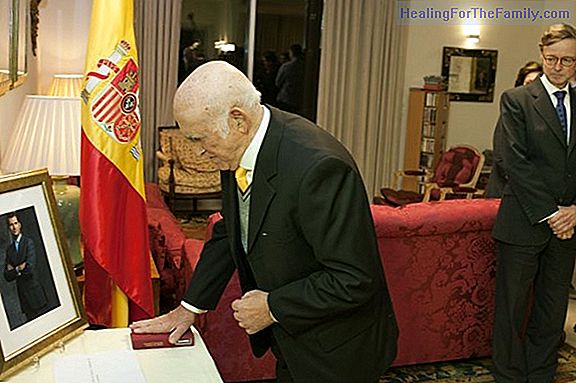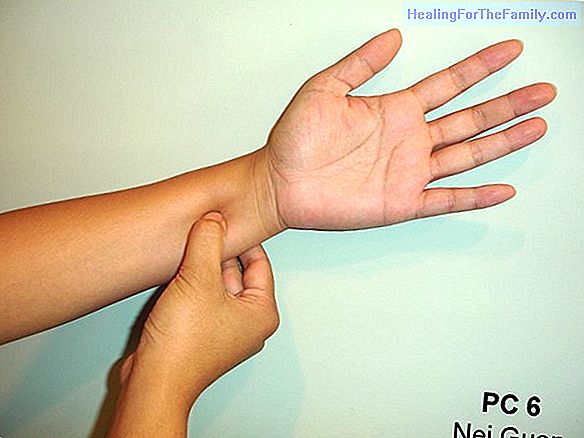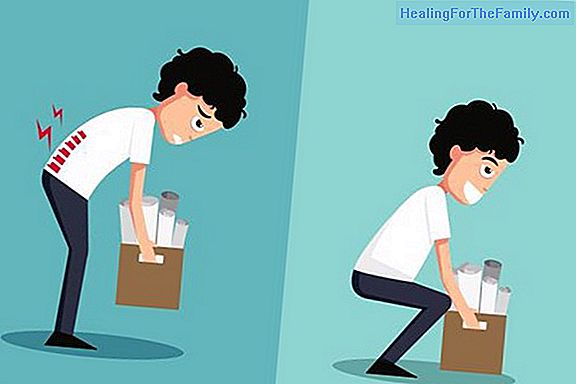How to educate the child who bites
Prohibiting a child from certain behaviors does not imply that he learns what is the appropriate behavior. How to educate the child who bites? In the case of babies or children who bite their friends or classmates at school, the child only knows that biting is not good, but he does not know what is
Prohibiting a child from certain behaviors does not imply that he learns what is the appropriate behavior.How to educate the child who bites?In the case of babies or children who bite their friends or classmates at school, the child only knows that biting is not good, but he does not know what is the appropriate behavior to get what he wants.
Children should be used as an example and show them new forms of relationship (use language to express feelings, listen to others, establish turns, waiting times, caresses and hugs, etc.). And, of course, children should be commended when they are behaving appropriately (for example, by asking permission of another child before picking up a toy).
The behavior of parents and educators in the face of children's bites
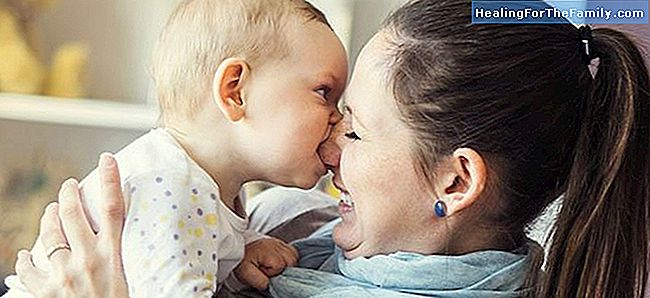
To eliminate this type of behavior, it is necessary that parents and educators intervene in a coordinated and coherent manner. The attitude of all adults must coincide. It is worthless to censor the attitude in school, if you consent at home, or vice versa. Working together will better identify the causes and respond in the best way possible. Always we must transmit, clearly and firmly, that aggression is not accepted in any case, but, at the same time, we must offer a model of appropriate behavior: they must know what we expect from them. And always, the quality of the affective bond must be preserved: we must try to change this behavior while maintaining a positive relationship with it.
Limits the child who bites
You can not hurt yourself! It is a short phrase that, firmly said, any child understands. This norm must always be present, but surely it will have to be remembered on numerous occasions throughout his childhood. When a child bites, we must intervene quickly but also calmly. You have to separate it from the play group (after having attended to the child who has been bitten) and show your disapproval in a way that does not reinforce the behavior.
We must explain to him, looking him in the eyes, that his partner has hurt him and that he will not be allowed to do it anymore. You have to take a moment of reflection (one or two minutes), and you will not be able to return to the group until you have calmed down. If you want to play with the others, you must stop biting. It is also important to give him the opportunity to have a restorative behavior (help heal his partner, kiss him, apologize ...). I do not like! Children must also learn to express their discomfort ('I do not like you to bite me, you've hurt me', 'do not take my wrist off, I'm playing with her'). If they learn to use 'no', they will minimize the possibility of them becoming victims.
Educational alternatives to the child who bites
The development of language and comprehension are fundamental to achieve self-control and develop personal confidence and self-esteem. And, in particular, a child who bites must pay special attention when he is playing with other children peacefully; In this way you will know that there are better ways to communicate and be recognized. You will see that we value your good behavior and you will not have to resort to aggressive behavior to get us to pay attention to it.
What you should never do is bite the child who bites, as punishment or to show what hurts. When they are very small, they can not relate the pain they feel when they bite them with the pain they cause when they bite others. Do not use violence or humiliation to eradicate them. It must be emphasized that problems are solved by dialogue, never by force.
What if, even so, he does not stop biting? Generally, when the problem is treated firmly and consistently, most children understand what is said and then stop biting. But if despite our attempts, biting becomes a continuous problem (especially when the child exceeds three years), It may be necessary to seek the help of a professional and / or consider the possibility that the child is in an environment with fewer children and more individual attention.

Victoria González
Psychologist
Early Childhood Teacher

